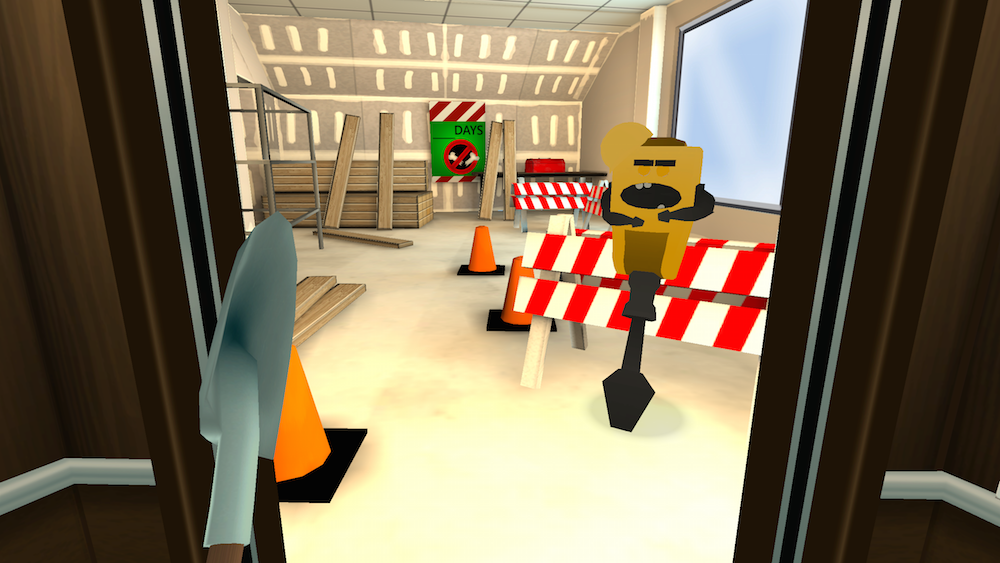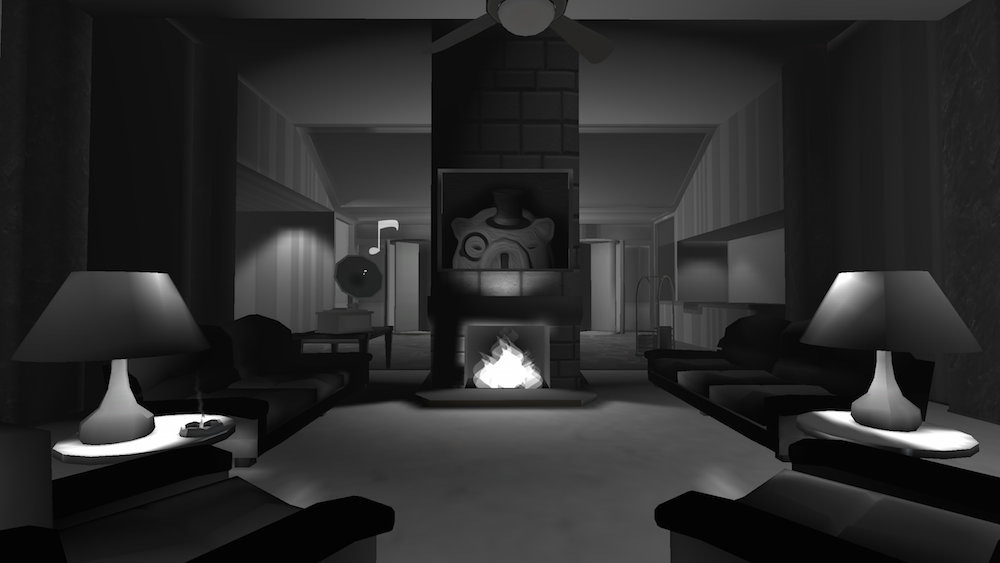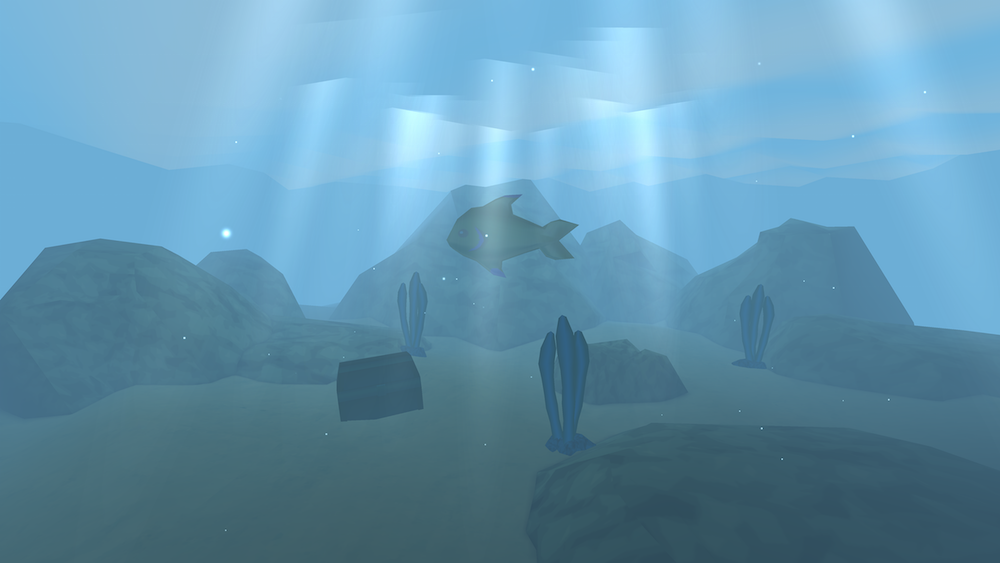“Nic [Vasconcellos] and I are the two co-founders, and then we just recently brought Ralph on board to do art and animation,” Holden Link – co-founder of VR game studio Turbo Button tells me over the phone.
Slightly incredulous, I ask for clarification just to make sure he understood my question correctly.
“Yeah,” Link says with a laugh. “There’s only three of us.”
Three people is a small team, even for an indie game developer like Turbo Button, but it is especially so considering the studio’s first product was a licensed game for the massively popular Cartoon Network property: Adventure Time. Adventure Time: Magic Man’s Head Games released last September for Gear VR, and just last week Turbo Button announced that it will be bringing the title to Oculus Rift and Playstation VR as well.
“That title is definitely a big reason why this studio has made it through one year,” Link said. “…We were originally talking to Cartoon Network about developing a mobile game…We discovered that they were very interested in developing a VR title and we were both into VR just as a hobby and so it became a very natural fit.”
Link began developing small titles for the Oculus DK1 while Vasconcellos and himself were both still working at mobile studio Magic Pixel Games. In January 2015 the two left to form Turbo Button before the deal with Cartoon Network was even finalized.
“We were in loose talks with Cartoon Network when we left but we knew either way that VR was the future for us,” Vasconcellos said.
Magic Man’s Head Games is held in high esteem as an example of what Gear VR gaming can be and its impending release on other headsets is met with eager anticipation. However, Turbo Button is not a studio interested in resting on its laurels, so it already announced its next game: Floor Plan.
Link’s pitch for this game is appropriately brief.
“Floor plan is an adventure game that takes place entirely in an elevator,” he said.
The title will task you with traveling to whimsically unique floors via the central elevator in order to obtain and trade items with the diverse cast of characters and solve an overarching puzzle. The game is currently nearing its beta form and in its current state is a 25-30 minute experience, but could go longer depending on what other features the studio adds and how long it takes to solve the puzzle.
Floor Plan was first conceived and created by Link and Vasconcellos in miniature form during the 2015 Global Game Jam. The game’s central mechanic was born both out of the time-constraints of the event and as an attempt to get over one of the major hurdles of VR game design.
“We thought, well we have 48 hours to get something together…and everyone knows that navigating space in VR is a touchy subject so why don’t we just not do it,” Vasconcellos said.
Vasconcellos is a big fan of Tim Schafer, Lucasarts and their classic adventure games such as Broken Age, Secret of Monkey Island, and Grim Fandango. Creating a game-spanning puzzle is no easy feat and required some non-traditional development tactics to crack.
“I took a lot of walks,” Vasconcellos said. “I would just sort of circle my neighborhood over and over while I worked out the puzzle.”
Turbo Button is eyeing a Q1 release for Floor Plan on Gear VR and Oculus Rift, but the developers say that if the game isn’t ready by then it will hold off until Q2. The studio will have plenty to do between preparing Floor Plan for launch and completing the ports of Adventure Time. With activities like these on its resume, Turbo Button is a uniquely placed studio to speak on the subject of developing a single title for multiple VR platforms.
“We can make a game that we design for Gear VR run on the Rift fairly quickly,” Link says. “But really to take advantage of what all the other headsets have to offer we had to change a lot version wise [for Adventure Time].”
“Any time we take something from Gear VR to other platforms we encounter a different feature set that can lead to design problems that we have to stay on top of,” adds Vasconcellos.
These features can include determining the limits of the different tracking systems so players don’t encounter situations where they are clipping through objects. Processing power is also a major consideration when bringing a title from one system to another, according to the studio.
“Gear VR is different from an optimization standpoint because it’s not hooked up to a monstrous PC like the Rift is…We prefer to start a project on Gear and build on top of it rather than start on something else and try to scale it down,” Link said.
All in all both Link and Vasconcellos are happy to be remaining a small independent studio and are not looking to change up their scope just yet.
“In general all of the VR companies have been very supportive of the indie community…and the Indie game development community in general, not even just in VR, is awesome,” Link said. “We definitely have some prototypes we’re working on and more games we want to do…but we are not looking to hire more people at this time.”
Floor Plan will be demoed for the first time at Unity’s Vision Summit 2016 from February 10-11 in Los Angeles, California.





























